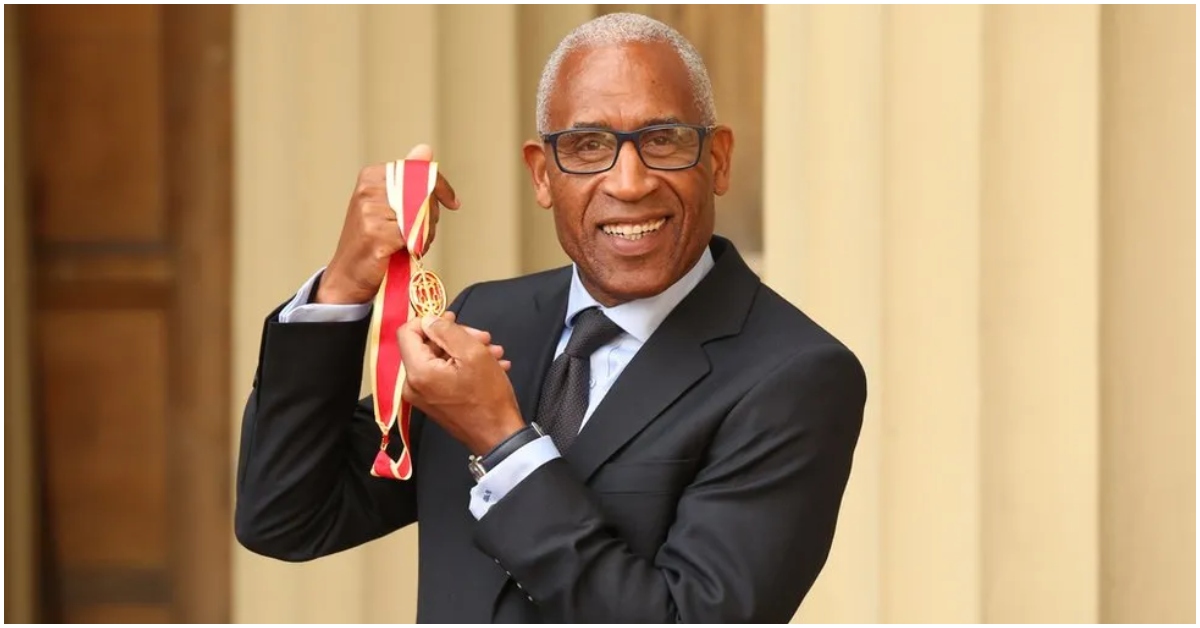In 2021, Lord Simon Woolley cemented his place in Cambridge University’s history books when he was appointed principal of Homerton College.
As the first Black man to lead one of Oxbridge’s prestigious colleges, Woolley’s barrier-breaking election signaled an important step towards greater inclusion and diversity at the historic institutions.
Paving the Way From a Council Estate Upbringing
Raised on a Leicester council estate, Woolley overcame childhood adversity after being fostered and adopted to later achieve academic success. After returning to education as an adult, he gained degrees at Manchester Metropolitan and Keele Universities on route to becoming a prominent political and equalities activist.
“I want my donation to Homerton to be a signal to all those – black kids, white working-class kids…who might worry about the cost of university, to say that there is help available,” Woolley said.
Championing Inclusivity and Social Mobility
As Homerton College’s head, the former Equality and Human Rights Commissioner aims to advance the school’s mission of dynamism, inclusion and academic excellence.
Woolley also pledged £7,000 annually to fund bursaries for disadvantaged students regardless of ethnicity, gender or background. His philanthropic efforts epitomize Homerton’s origins as an inclusive place of hope and learning.
“Its history, from its origins in the East end of London, and its values of inclusion, dynamism and integrity…make this a must-have role,” Woolley said.
Following the Leads of History-Making Female Peers
The prominent peer follows trailblazers Baroness Amos and Sonita Alleyne as the third Black college head at Oxbridge. Woolley lauded their pioneering appointments while recognizing the special significance of his own.
“Being the first black male to head an Oxbridge college is a huge honour,” Woolley said proudly. “I follow in the footsteps of Sonita Alleyne and Baroness Amos – the black women, they were out there first – and that’s great.”





